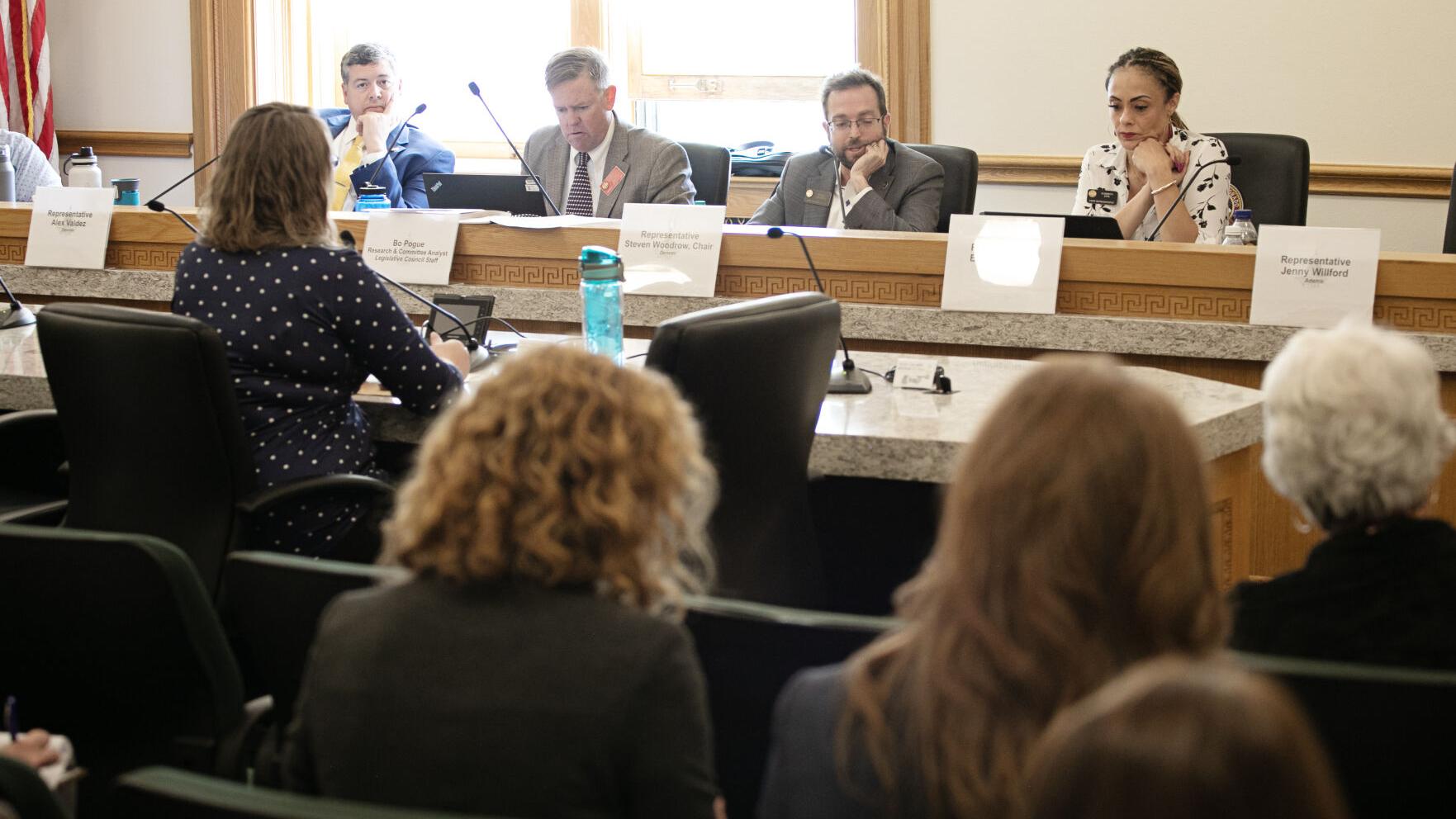After a contentious special session marked by partisan divides, Colorado lawmakers have sent Governor Jared Polis a package of measures aimed at providing some relief to homeowners grappling with soaring property taxes. The legislation, passed largely along party lines, reflects the sharp ideological differences that have characterized the state’s political landscape in recent years.
At the heart of the Democrats’ plan is a one-time reduction in property tax assessments, which will provide an average savings of $209 for homeowners statewide. The plan also includes a modest increase in the property tax exemption for seniors and disabled residents, as well as an expansion of the earned income tax credit for low-income earners.
Republicans, who have argued that the Democrats’ plan doesn’t go far enough to address the property tax crisis, have proposed a more sweeping approach that would have included a permanent reduction in the property tax assessment rate. However, their proposals were ultimately rejected by the Democratic-controlled legislature.
The special session was convened in response to widespread public outcry over the steep increases in property taxes, which have been driven in part by the state’s booming housing market. The issue has become particularly acute in urban areas, where homeowners have seen their property values skyrocket in recent years.
Democrats have argued that their plan provides targeted relief to those who need it most, while Republicans have maintained that it doesn’t do enough to address the underlying issues driving up property taxes. The debate is likely to continue in the run-up to the 2024 legislative elections.
As the special session draws to a close, Colorado lawmakers face a host of challenges ahead, including ongoing concerns about the state’s economy and the need to address the growing backlog of repairs to the state’s infrastructure. The property tax issue is likely to remain a contentious one, and it will be up to the legislature to find a solution that can satisfy a wide range of stakeholders.
